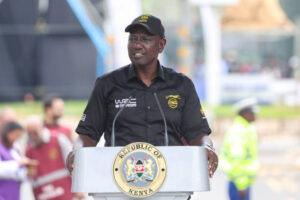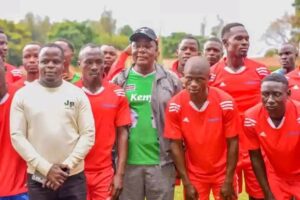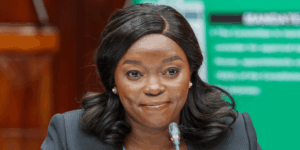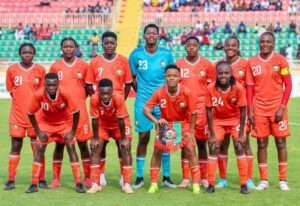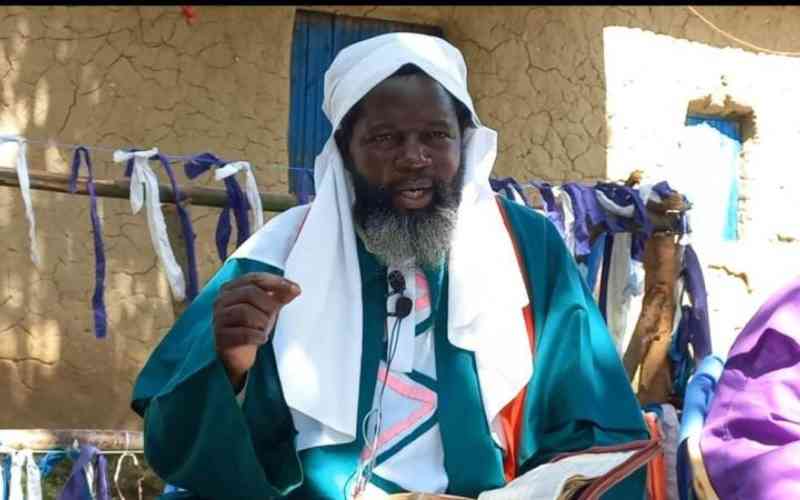
Modernization” is a compelling exploration of the level of religious activism in Kenya, highlighting the need for an update in laws regarding freedom of worship. Through meticulous research and analysis, this article aims to provide readers with an in-depth understanding of the subject matter.

“Kenya has a diverse religious landscape with a significant presence of various religious groups, including Christianity, Islam, indigenous beliefs, and other minority religions. Religious activism can vary over time and across regions within the country.” Abul Shakar
In Kenya, like in many other countries, laws can be modified or removed through various legal processes. The exact procedures may vary depending on the type of law. Amongst them are:
Minister Josphat Ngondo noted that.
“Constitutional Amendments: If the right to freedom of worship is enshrined in the constitution, amendments to the constitution may be proposed and passed through the legislative process. Such amendments typically require a supermajority in the legislature or a national referendum.” Josphat Ngondo

• Legislative Repeal: Laws related to freedom of worship can be repealed or amended by the Kenyan parliament through the regular legislative process. This involves introducing a bill, debating it in both houses of parliament, and obtaining majority support for the proposed changes.
• Court Rulings: In some cases, courts can interpret and rule on the constitutionality of existing laws. If a law is found to be unconstitutional and infringing upon the right to freedom of worship, the court may order its repeal or amendment.
Pastor Moses of Tehilla Ministries Bungoma quoted an advocacy and public pressure of the consititution which states that…
“Advocacy and Public Pressure: Civil society organizations, religious groups, and individuals can advocate for changes to the laws through public campaigns and lobbying efforts to raise awareness and influence policymakers.” Pastor Moses
Minister Josphat Ngondo quoted article 32 of the consititution which states that,
“Every person has the right to freedom of conscience, religion, thought, belief and opinion,” Josphat Ngondo
“To respect the right of everyone to peaceful and unarmed assembly, and to demonstrate, picket, and petition as guaranteed by Article 37; To respect the Constitution of Kenya, as well as Regional and International Human Rights Standards, regarding the exercise of fundamental human rights.” Josphat Ngondo
Beyond Kenya’s borders, have witnessed global cases of religious extremism. Amongst them are:
Worldwide Cases of Religious Extremist Groups:
“Al-Qaeda: A Sunni Islamist extremist organization founded by Osama bin Laden in the late 1980s. It gained international notoriety for its involvement in the 9/11 attacks on the United States in 2001.” Minister Josphat Ngondo
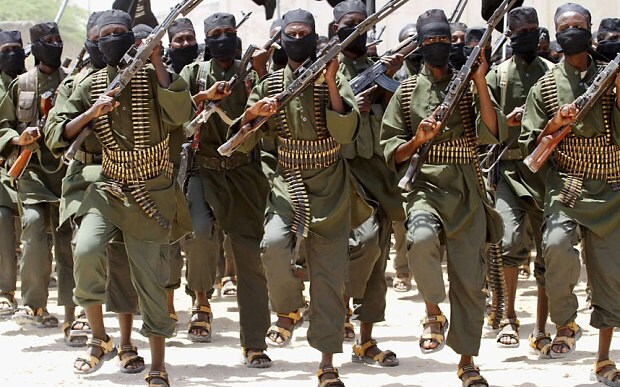
• ISIS (Islamic State of Iraq and Syria): Also known as ISIL (Islamic State of Iraq and the Levant), it is a Salafi jihadist extremist group that emerged in the early 2000s. ISIS gained significant attention for its brutal tactics, territorial conquests, and recruitment of foreign fighters.
• Boko Haram: A jihadist extremist group based in Nigeria, notorious for its violent attacks on civilians, particularly in northeastern Nigeria. The group aims to establish an Islamic state governed by strict Sharia law.
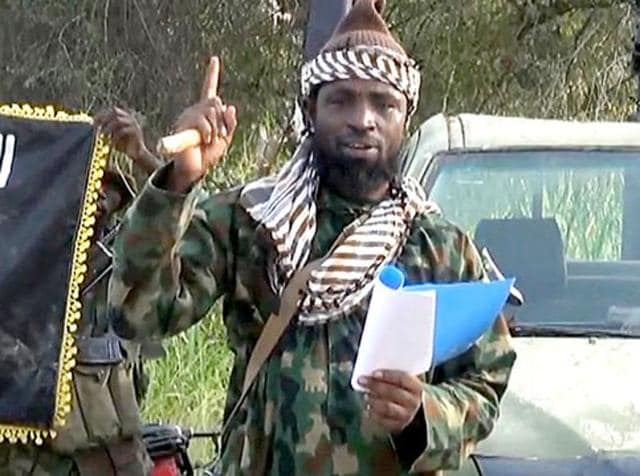
• Taliban: An Islamic fundamentalist group that emerged in the 1990s in Afghanistan. The Taliban gained international attention for its strict interpretation of Islamic law and its control over large parts of Afghanistan.
• Al-Shabaab: An Islamist extremist group based in East Africa, with its roots in Somalia. It has conducted numerous attacks in the region, including Kenya, targeting civilians and government institutions.
• Tehrik-i-Taliban Pakistan (TTP): Also known as the Pakistani Taliban, it is a militant group active in Pakistan with the aim of establishing strict Islamic rule in the country.
• Jewish Extremist Groups: There have been cases of Jewish extremist groups in Israel and the occupied territories, advocating for the establishment of a Jewish state and opposing any concessions to the Palestinian population.
• Hindu Extremist Groups: In India, there have been instances of Hindu extremist groups advocating for a Hindu nationalist agenda and targeting religious minorities, particularly Muslims and Christians.
• Buddhist Extremist Groups: In Myanmar, there have been reports of Buddhist extremist groups involved in violence against the Rohingya Muslim minority.
• Shakahola massare: A masscre believed to be under the known paul mackenzie , he is known for telling his followers to fast till death in order to meet Jesus and there are more then 300 bodies exhumed from the shakahola mass graves and the culprit is still in police custody.
• Yesu wa Tongaren: A man whose real name is Eluid Wekesa from Tongaren constituency Bungoma county and he is known for calling himaelf Jesus and indoctranating his followers.
• John the fifth: He is from Kanduyi consititiency Bungoma county and his real name is Ronald Wanyama. He is known for indoctrinating his followers with his own written bible and has more than 35 wives with more than 200 children.
